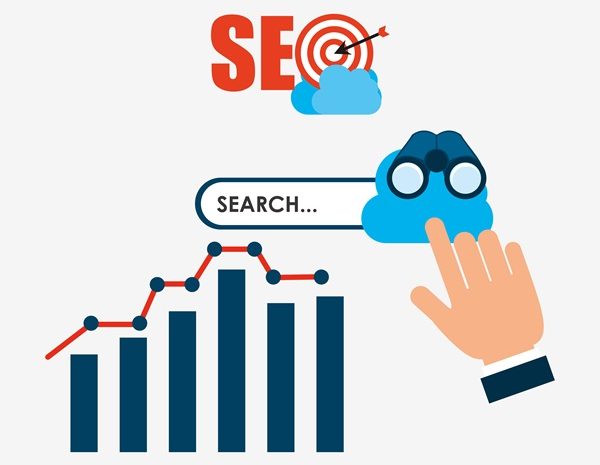On-Page SEO: A Comprehensive Guide for Web Visitors
On-page SEO is the process of optimizing your website’s content and structure to improve its ranking in search results. This includes things like your website’s title tags, meta descriptions, header tags, and keyword usage.
On-page SEO is important because it helps search engines to understand what your website is about and how it is relevant to the searches that people are doing. It also helps to ensure that your website is easy to use and navigate for visitors.
Here are some of the most important aspects of on-page SEO:
- Title tags: Your title tags are the first thing that people see when your website appears in search results. They should be clear and concise, and they should accurately reflect the content of your page.
- Meta descriptions: Your meta descriptions are the snippets of text that appear below your title tags in search results. They should also be clear and concise, and they should give users a good idea of what your page is about.
- Header tags: Your header tags are the headings and subheadings on your page. They should be used to structure your content and make it easy for users to scan and find the information they are looking for.
- Keyword usage: You should use relevant keywords throughout your content, but you should avoid keyword stuffing. Keyword stuffing is the practice of using keywords too often or in a way that is unnatural.
In addition to these three core areas, on-page SEO also includes a number of other important factors, such as:
- Content quality: Your content should be high-quality and informative. It should be relevant to your target audience and it should be keyword-optimized.
- Image optimization: You should optimize your images for search engines by using relevant keywords in the file names and alt text.
- Internal linking: You should use internal links to connect related pages on your website. This helps search engines to understand the structure of your website and it also helps users to find the information they are looking for.
How to improve your on-page SEO
There are a number of things you can do to improve your website’s on-page SEO. Here are a few tips:
- Use a free SEO tool to audit your website. This will help you to identify any on-page SEO issues that need to be fixed.
- Optimize your title tags and meta descriptions. Make sure that your title tags and meta descriptions are clear, concise, and informative.
- Use header tags to structure your content. Use header tags to create headings and subheadings on your page. This will make it easy for users to scan and find the information they are looking for.
- Use relevant keywords throughout your content. Use relevant keywords throughout your content, but avoid keyword stuffing.
- Write high-quality, informative content. Your content should be relevant to your target audience and it should be keyword-optimized.
- Optimize your images for search engines. Use relevant keywords in the file names and alt text of your images.
- Use internal linking to connect related pages on your website.
Why is on-page SEO important for web visitors?
On-page SEO is important for web visitors because it helps to ensure that they can find the information they are looking for quickly and easily. When your website is well-optimized for search engines, it is more likely to appear higher in search results. This means that more people will be able to find your website and learn about your products or services.
Additionally, on-page SEO can help to improve the user experience for your visitors. When your website is well-structured and easy to navigate, visitors are more likely to stay on your website and learn more about what you have to offer.
Conclusion
On-page SEO is an important part of any SEO strategy. By optimizing your website’s content and structure, you can improve its ranking in search results and improve the user experience for your visitors.
Here are some additional tips for improving your on-page SEO:
- Make sure your website is mobile-friendly. Mobile traffic now accounts for more than half of all web traffic, so it is important to make sure that your website is optimized for mobile devices.
- Keep your website’s content fresh and updated. Search engines favor websites that have fresh and updated content.
- Promote your website on social media. Social media is a great way to promote your website and reach a wider audience.
- Get backlinks from other websites. Backlinks are links from other websites to your website. Backlinks are a signal to search engines that your website is authoritative and trustworthy.
By following these tips, you can improve your website’s on-page SEO and boost your ranking in search results.











